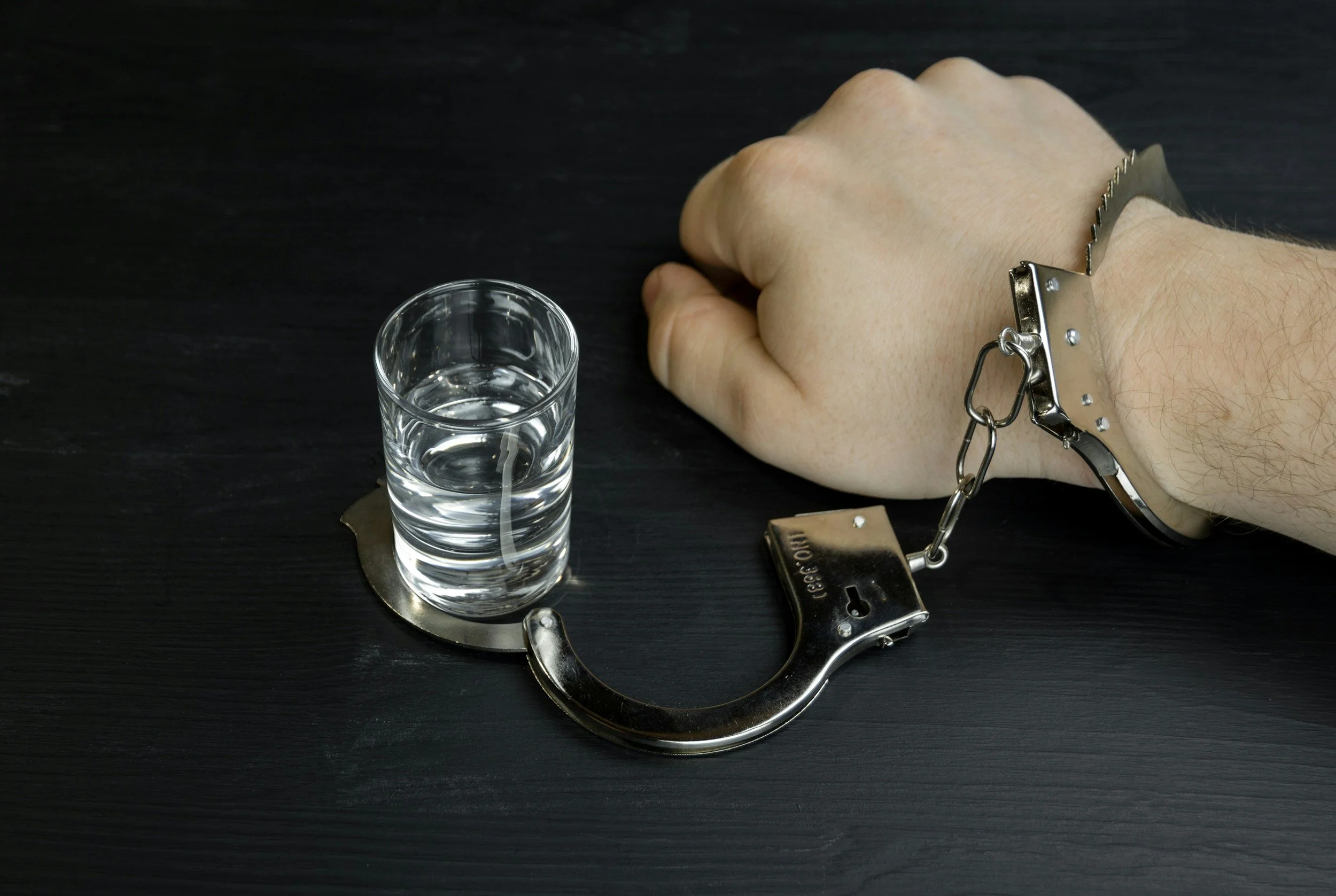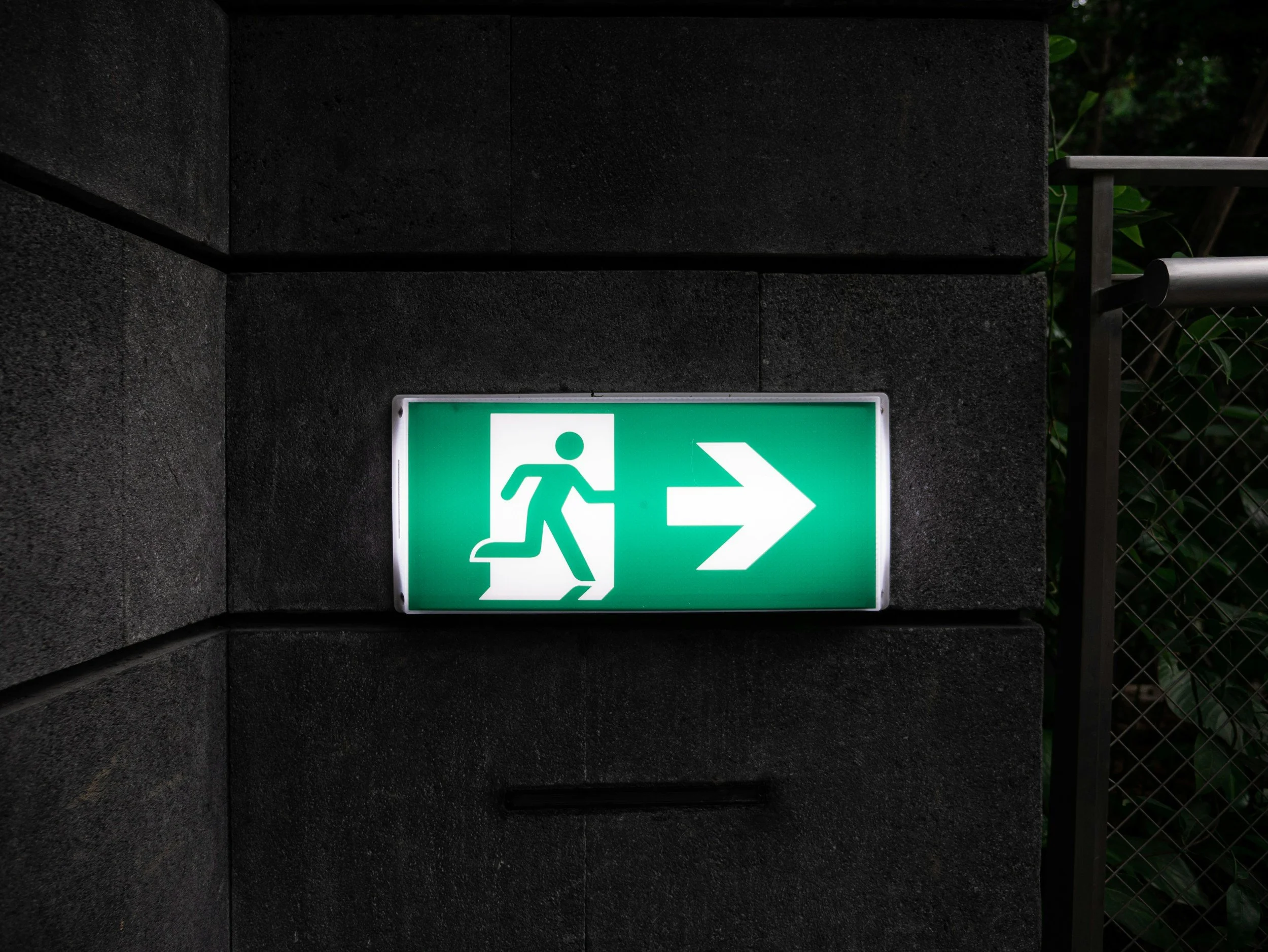Blog

Loving Someone with Cocaine and Alcohol Addiction: A Message to the Spouse
If you’re married to someone battling cocaine and alcohol addiction, you already know the chaos it brings. The lies. The broken promises. The emotional rollercoaster. You’ve likely asked yourself, “How much more can I take?” And that’s not weakness—it’s wisdom.
Addiction is a disease, but it’s also a tornado. It doesn’t just destroy the person using—it pulls in everyone around them. As an addiction specialist, I’ve worked with countless spouses who are torn between love and survival. This blog is for you.

Harm Reduction: A Lifeline, Not a Loophole
Harm reduction is a compassionate, evidence-based approach to addiction treatment. It prioritizes safety, dignity, and incremental healing—especially for those struggling with opioid use disorder (OUD). Two of the most effective tools in this model are methadone and Suboxone (buprenorphine/naloxone), both classified as Medication-Assisted Treatments (MATs).

Dopamine Overload and Teen Behavioral Addictions: What Parents Need to Know—and Do
We often think of addiction in terms of substances—alcohol, drugs, nicotine. But in today’s digital world, many teens are falling into a different kind of trap: behavioral addictions. These include compulsive use of social media, video games, online shopping, pornography, and even exercise or risk-taking. At the root of these behaviors is a powerful brain chemical: dopamine.

Why Awareness Is the Key to Relapse Prevention
As an addiction specialist, I often tell my clients: recovery isn’t just about quitting a substance—it’s about understanding your brain. Addiction hijacks the mind in ways that make relapse not just possible, but likely—unless we learn to recognize and respond to the internal tug-of-war between our emotional and logical selves.

The Slippery Slope of Switching Substances: Trading One Addiction for Another
Recovery isn’t just about quitting a substance—it’s about changing a lifestyle, rewiring the brain, and healing the spirit. But one of the most common traps I see in early recovery is the belief that switching substances is safer than stopping altogether. For example, someone who’s quit marijuana and cocaine might think, “I’ll just drink socially now—it’s legal, it’s normal, it’s not my problem.”

Chronic Marijuana Use and Behavioral Addictions: A Hidden Link
As an addiction specialist, I’ve seen firsthand how substance use and behavioral addictions often intertwine in complex and surprising ways. One of the most overlooked relationships is the correlation between chronic marijuana use and behavioral addictions such as pornography and video gaming. While these behaviors may seem unrelated on the surface, they often share underlying psychological mechanisms—and when combined, they can reinforce each other in ways that deepen dependency and impair functioning.

20 Things to Watch Out for at 30 Days Sober
Thirty days sober is a powerful milestone. It’s proof that change is possible, that healing has begun, and that the fog is lifting. But it’s also a vulnerable time. The brain is still recalibrating, emotions are raw, and the temptation to “test the waters” can creep in. As an addiction specialist, I’ve seen this phase make or break recovery. Here are 20 things every newly sober person should watch out for—and how to stay grounded in your new life.

Loving Someone with Addiction: The Courage to Set Boundaries and Follow Through
Living with a partner who suffers from addiction is one of the most emotionally complex experiences a person can face. You love them. You’ve built a life together. You’ve seen their potential, their tenderness, their dreams. But addiction doesn’t care about love—it hijacks the brain, distorts behavior, and erodes trust.
As an addiction specialist, I’ve worked with countless spouses and partners who feel torn between compassion and survival. They ask: “How do I help without losing myself?” “When do I draw the line?” “What do I do when promises are broken again and again?”
This blog is for you.

The First 30 Days: Why Detox Is the Gateway to Healing
In the world of addiction recovery, few steps are as critical—or as misunderstood—as detox. It’s often seen as a hurdle to get past, a painful necessity before “real” treatment begins. But as an addiction specialist, I see detox differently. It’s not just a medical process—it’s a sacred reset. It’s the moment when the mind, body, and spirit begin to reclaim their original rhythm after being hijacked by substances.
The first 30 days of detox are intense, yes—but they’re also profoundly transformative.

The Power of Humility in Early Recovery: Why Less Is More
Recovery is not a sprint—it’s a slow, deliberate walk back to yourself. In the early stages, it’s tempting to believe that now that the substance is gone, life should resume at full speed. But here’s the truth: early recovery is sacred ground. It’s where the foundation is laid, and humility is the cornerstone.

The Power of Recovery: Why Honesty with Yourself Is Everything
Recovery isn’t just about quitting a substance or behavior—it’s about reclaiming your life. It’s about waking up each day with clarity, purpose, and the ability to face yourself in the mirror without flinching. And at the heart of every successful recovery journey lies one non-negotiable principle: radical honesty with oneself.

The Highs and Lows of Early Sobriety: Managing Stress and Over-Excitement
Early sobriety is a fragile, powerful time. For many, it feels like waking up after years of emotional numbness. Suddenly, everything is louder—joy, fear, hope, anxiety. But here’s the paradox: both stress and over-excitement can be dangerous in early recovery. As an addiction specialist, I’ve seen how these emotional extremes can trigger relapse if not understood and managed.
Let’s explore why this happens—and how to stay grounded while rebuilding your life.

Early Sobriety and Social Triggers: Why Sporting Events and Parties Can Be Dangerous—and How to Stay Safe
Early recovery is a fragile, powerful time. You’ve made the courageous decision to step away from alcohol or drugs, and you’re beginning to rebuild your life. But then comes the invitation: a birthday party, a wedding, a sporting event. It sounds harmless—fun, even. But for someone with Alcohol Use Disorder (AUD) or Substance Use Disorder (SUD), these environments can be emotional minefields.
As an addiction specialist, I’ve seen countless people relapse not because they didn’t care about their recovery—but because they underestimated the power of triggers in social settings. Let’s talk about why these situations are risky, and more importantly, how to protect your sobriety when the pressure hits.

Resentment, Fear, and Relationships: The Emotional Fuel Behind Addiction—and the Path to Healing
Addiction doesn’t exist in a vacuum. It’s not just about the substance or behavior—it’s about the emotional undercurrents that drive it. In my years working with individuals in recovery, three forces show up again and again as powerful contributors to active addiction: resentment, fear, and fractured relationships.

“I’ll Just Control It Today and Stop Tomorrow”: The Lie Addiction Loves
If you’ve ever struggled with alcohol or substance use—or loved someone who has—you’ve likely heard this phrase:
“I’ll just control it today. I’ll stop tomorrow.”
It sounds rational. It sounds hopeful. But as an addiction specialist, I can tell you: this thought is not a plan. It’s a trap.
This mindset is one of the most insidious cognitive distortions in addiction. It masquerades as self-control, but it’s actually the voice of denial, bargaining, and fear. Let’s unpack why this thinking is so dangerous—and how to break free from it.

When Is the Right Time to Go to Detox?
If you’re reading this, chances are you—or someone you love—has tried to quit using substances more than once. Maybe you’ve promised yourself it was the last time. Maybe you’ve flushed pills, poured out bottles, or deleted dealer contacts. And maybe, despite your best intentions, you’ve found yourself right back where you started.
Let me say this clearly: you are not weak. You are not broken. You are human.
But if the cycle keeps repeating, it may be time to stop trying to do this alone—and start considering detox.

Why Recovery Is Worth It: From Pain to Purpose
If you’re standing at the edge of recovery, wondering whether it’s worth the fight—let me speak to you directly. I’ve walked alongside people in the darkest corners of addiction, and I’ve seen what happens when they choose to rise. Recovery is not easy. In fact, the beginning can feel like the hardest thing you’ll ever do. But the rewards? They’re life-changing. They’re soul-restoring. They’re worth every tear, every craving, every moment of doubt.

Consequences: The Wake-Up Call That Saves Lives
In the world of addiction—whether it’s substances like alcohol or cocaine, or behavioral compulsions like gambling, sex, or shopping—there’s one truth that often cuts through denial faster than any therapy session or heartfelt plea: consequences. As an addiction specialist, I’ve seen countless individuals hit a wall they never saw coming. And while it may feel cruel or catastrophic at the time, that wall often becomes the turning point—the moment they finally wake up.
Let’s talk about why consequences matter, how they work, and how they can be harnessed to support recovery.

Family Guide to Ketamine Addiction: Understanding, Supporting, and Healing
Ketamine addiction is a growing concern, especially among young adults and those seeking escape from emotional pain. While ketamine has legitimate medical uses, chronic misuse can lead to serious physical, psychological, and spiritual damage. Families play a vital role in recognizing the signs, initiating help, and supporting recovery.

When Alcohol Meets Cocaine: Understanding the Double-Edged Danger
In the world of substance abuse, few combinations are as volatile—and as common—as alcohol and cocaine. On their own, each substance carries serious risks. Together, they create a chemical cocktail that’s not only dangerous but deeply deceptive. As an addiction specialist, I’ve worked with countless individuals caught in this dual trap. The good news? Recovery is possible. But first, we need to understand the nature of the beast.
